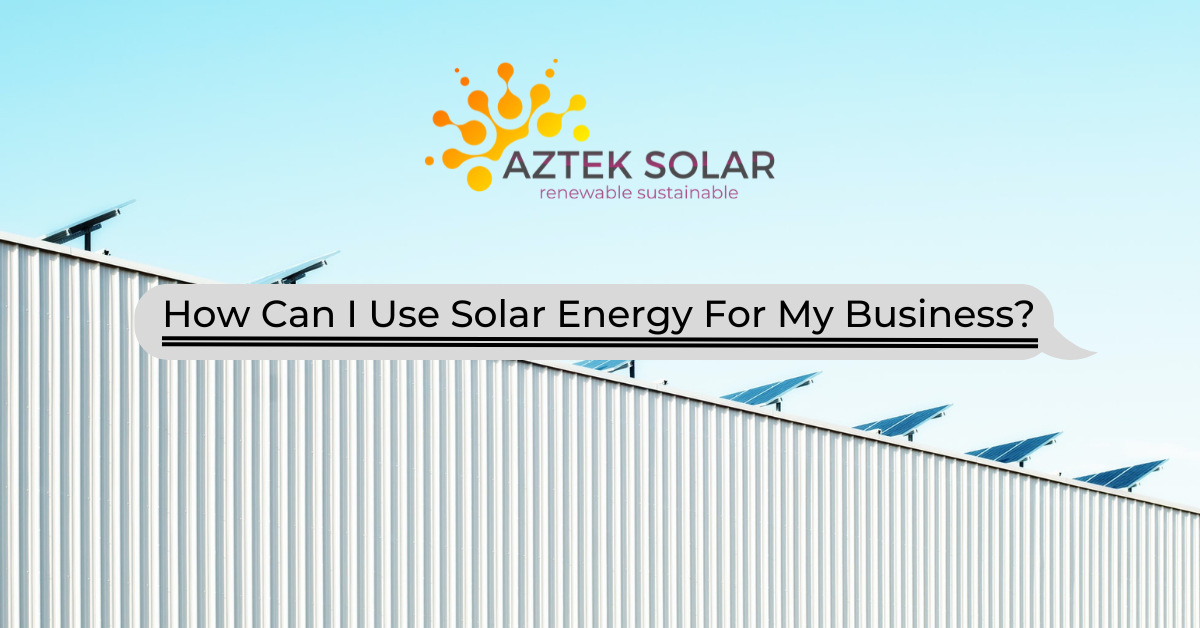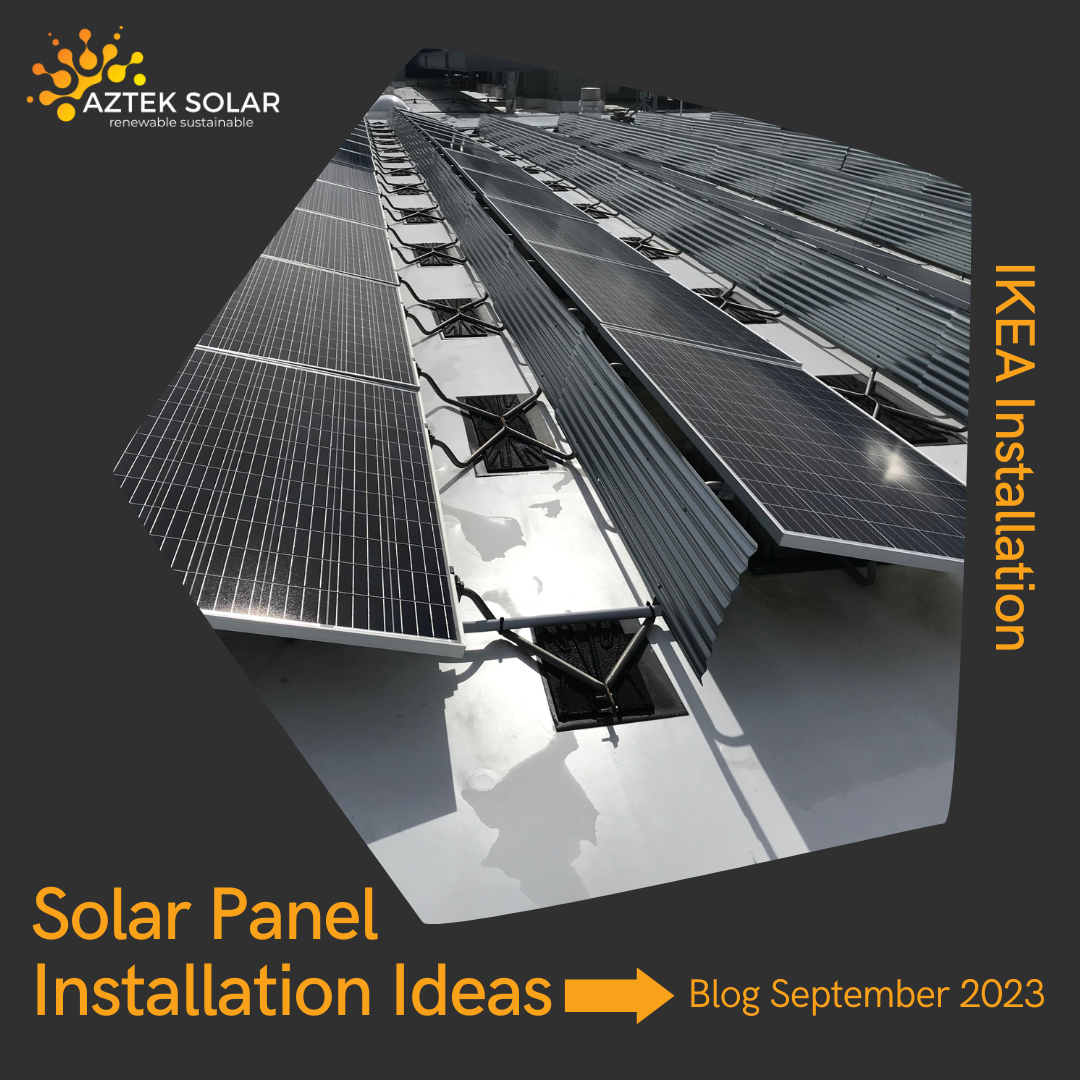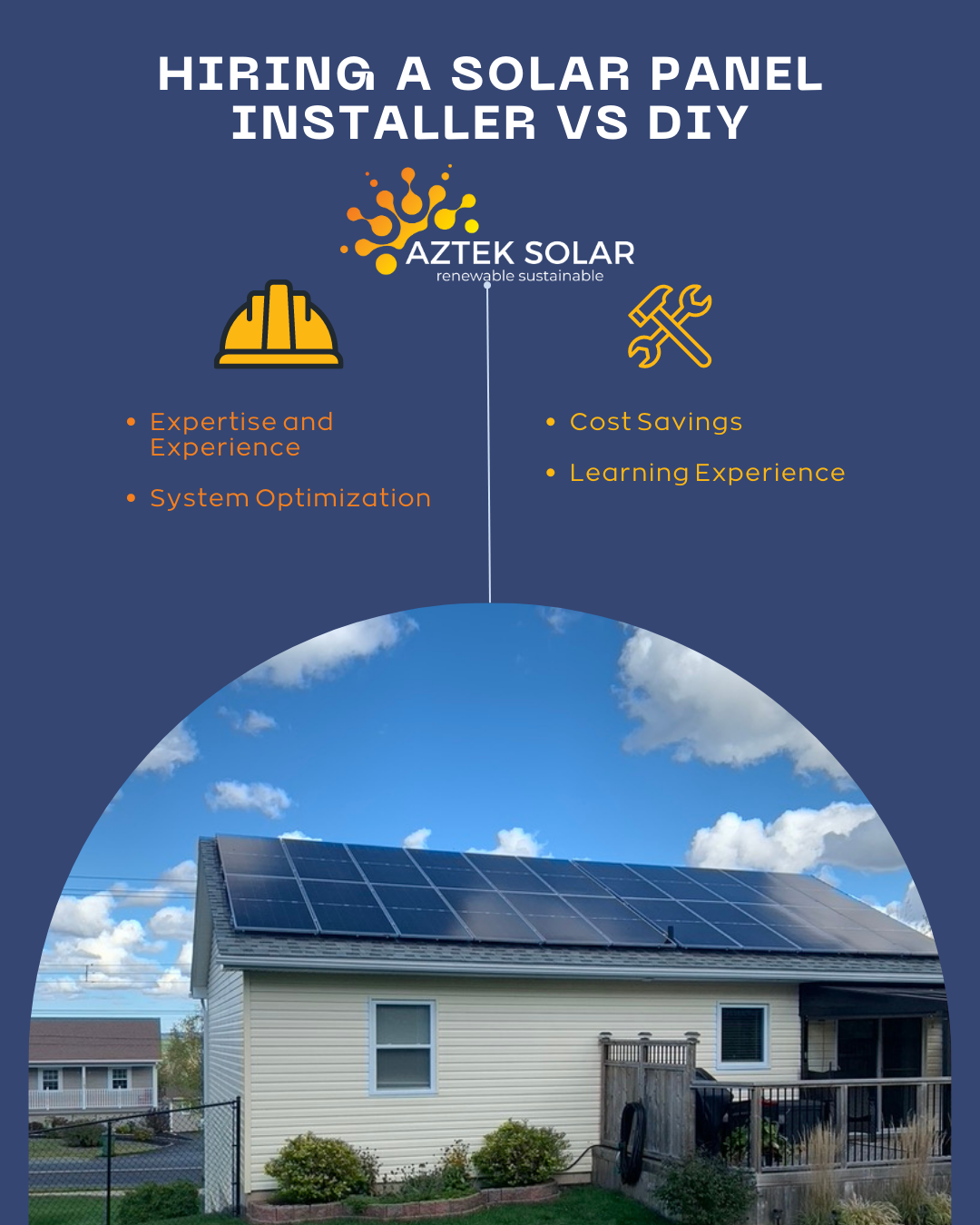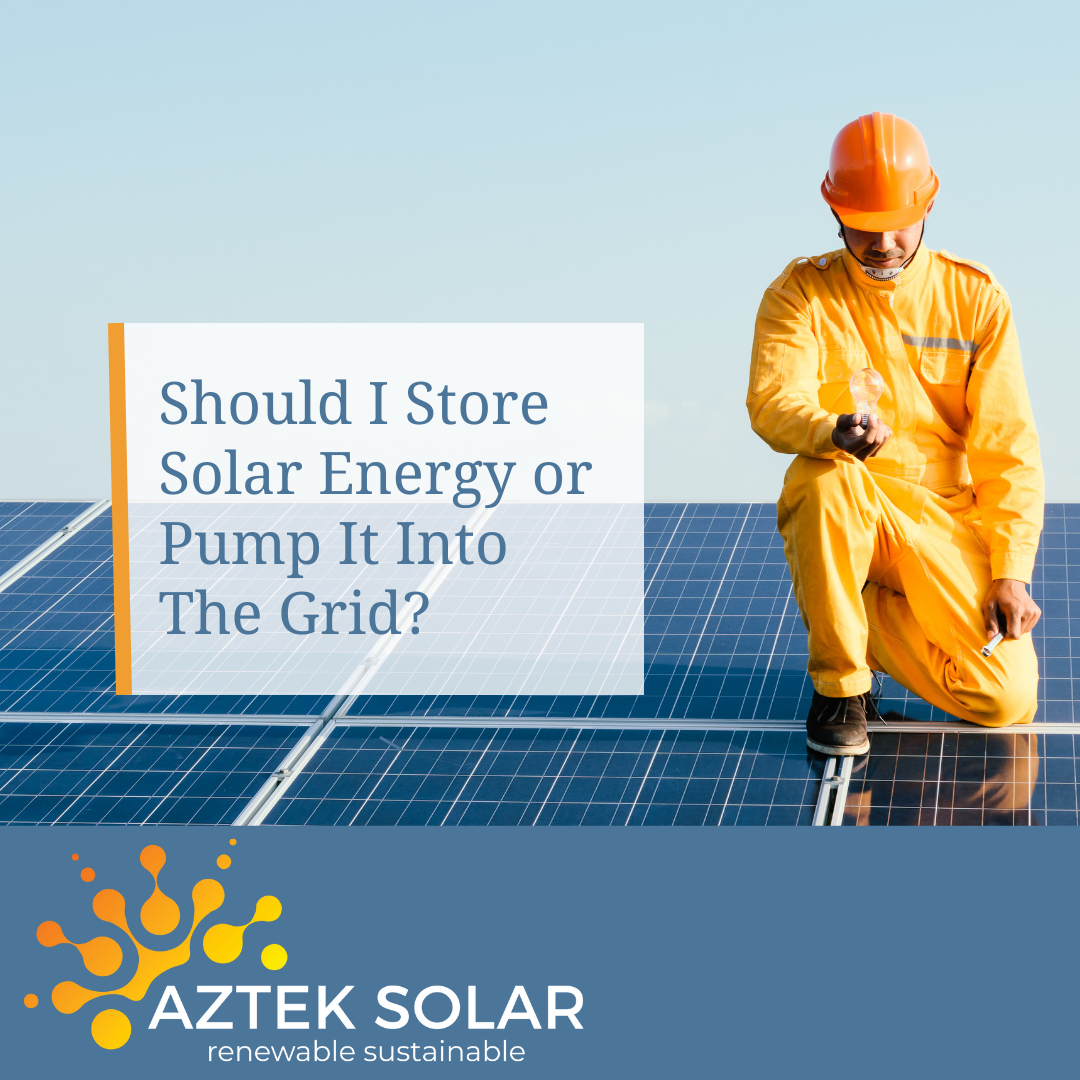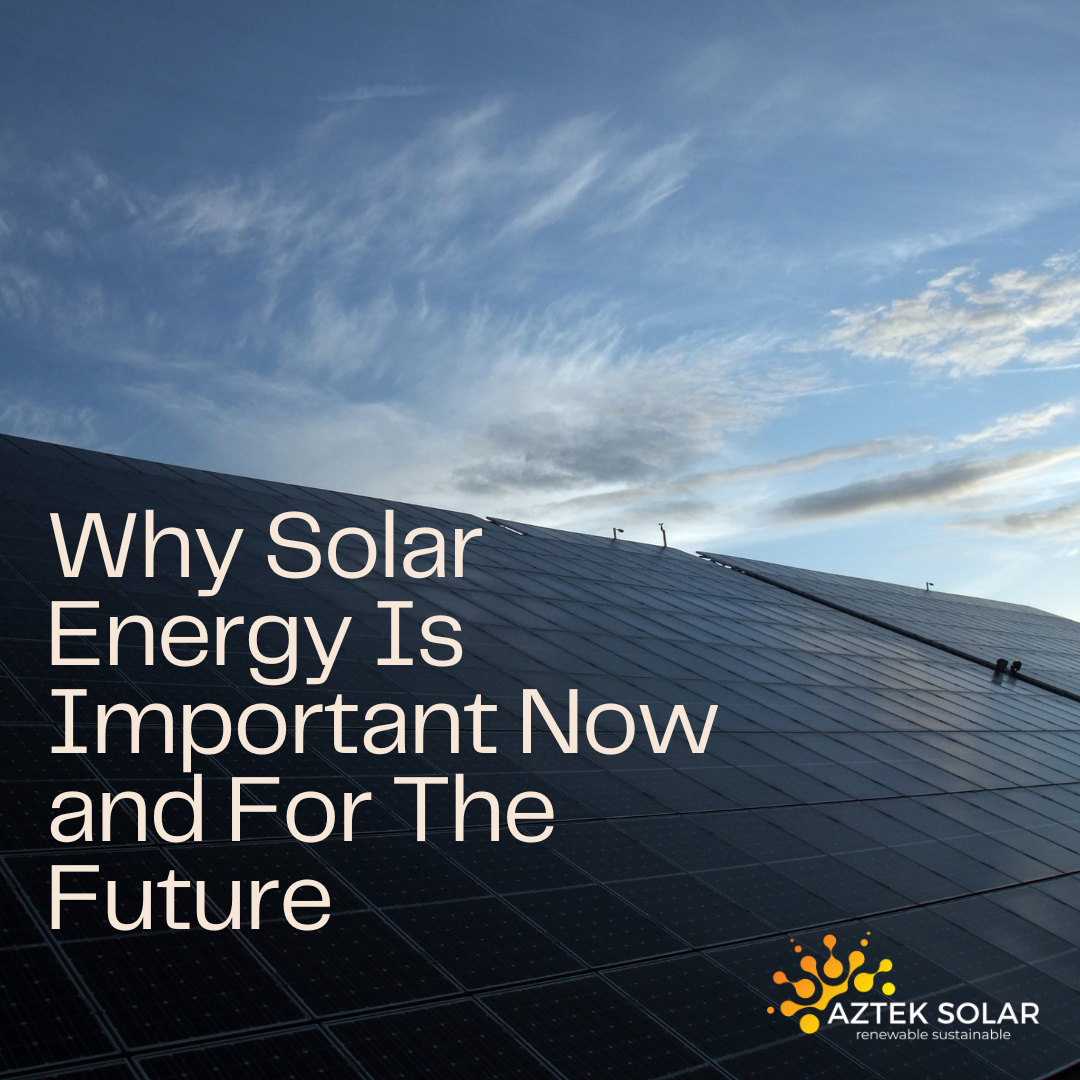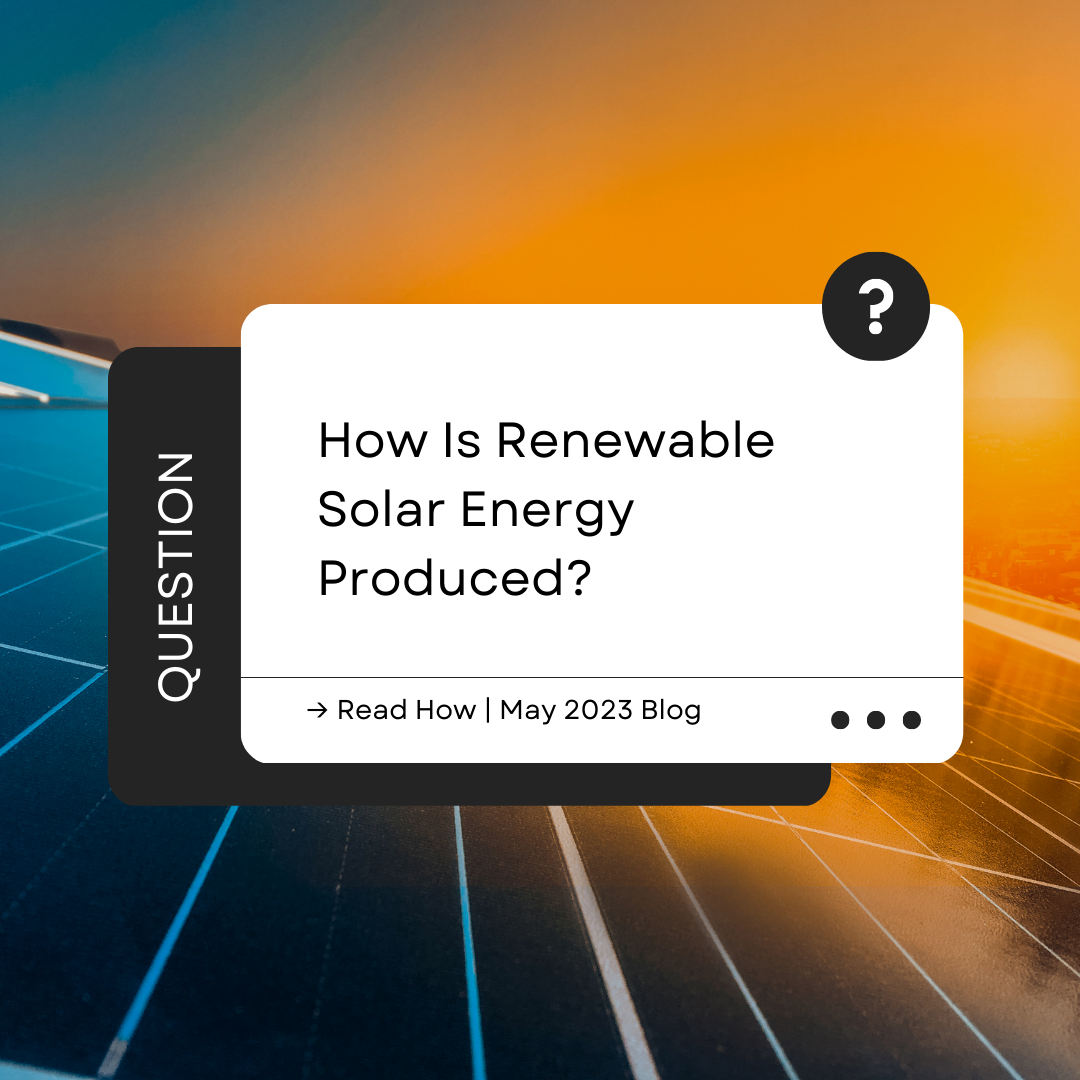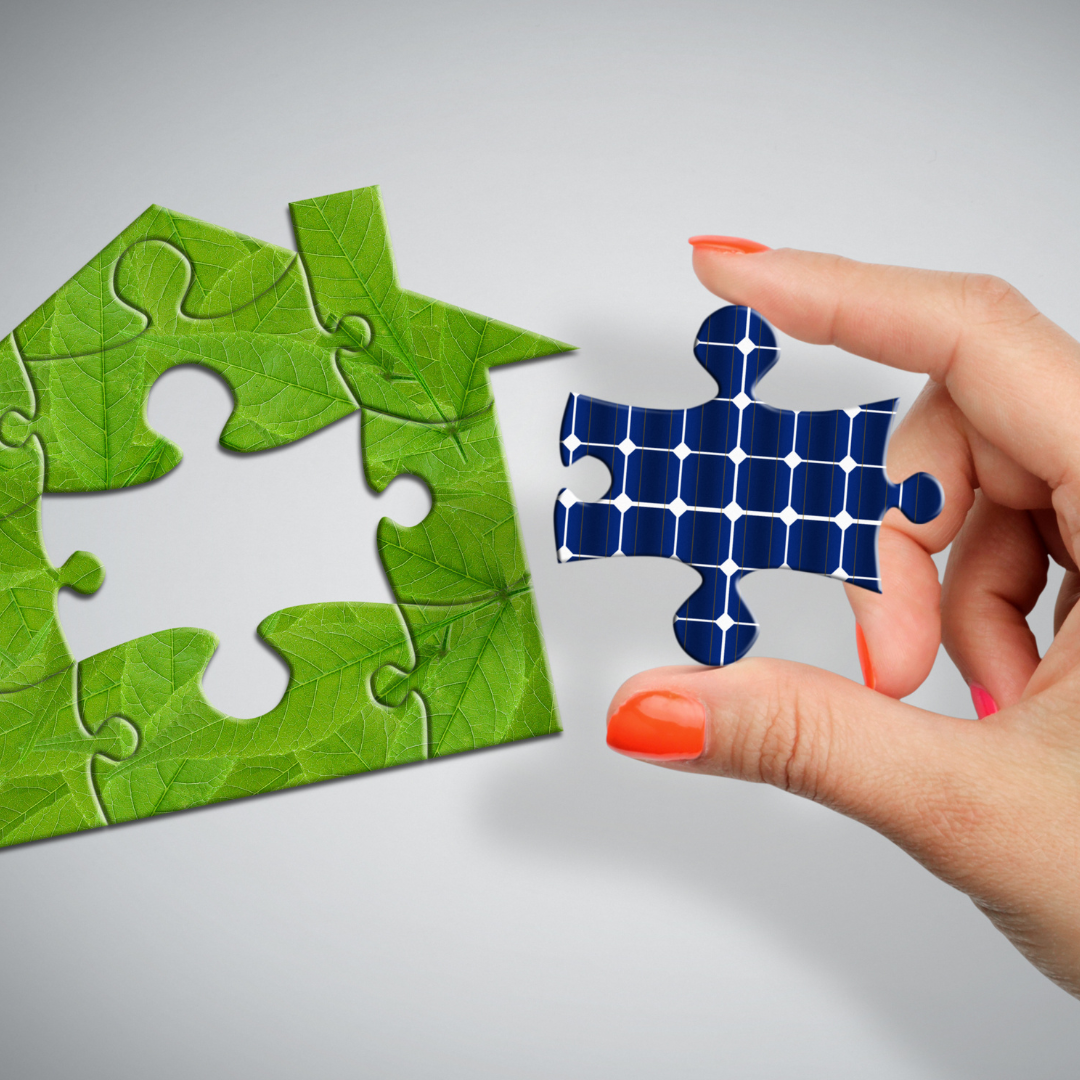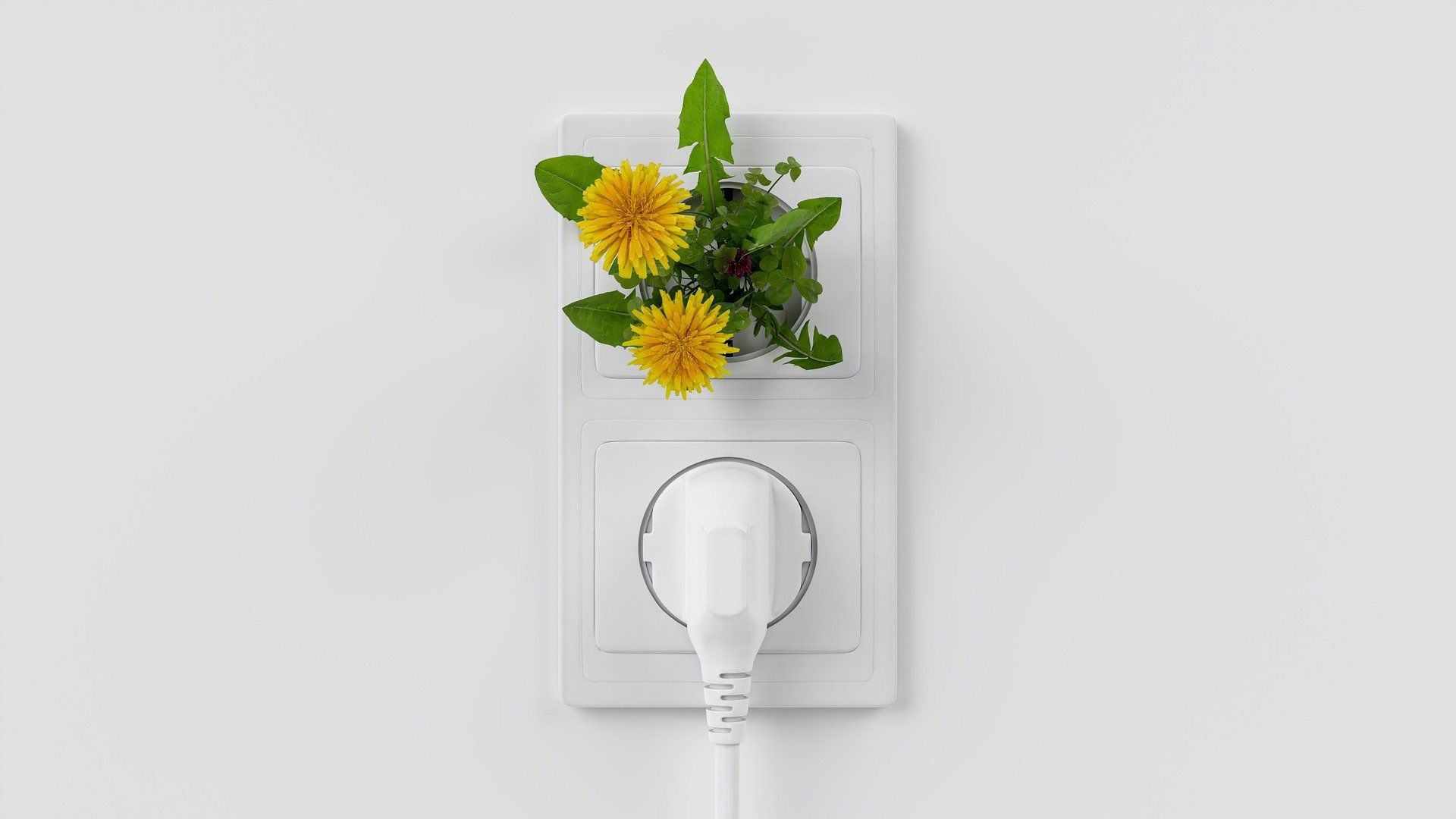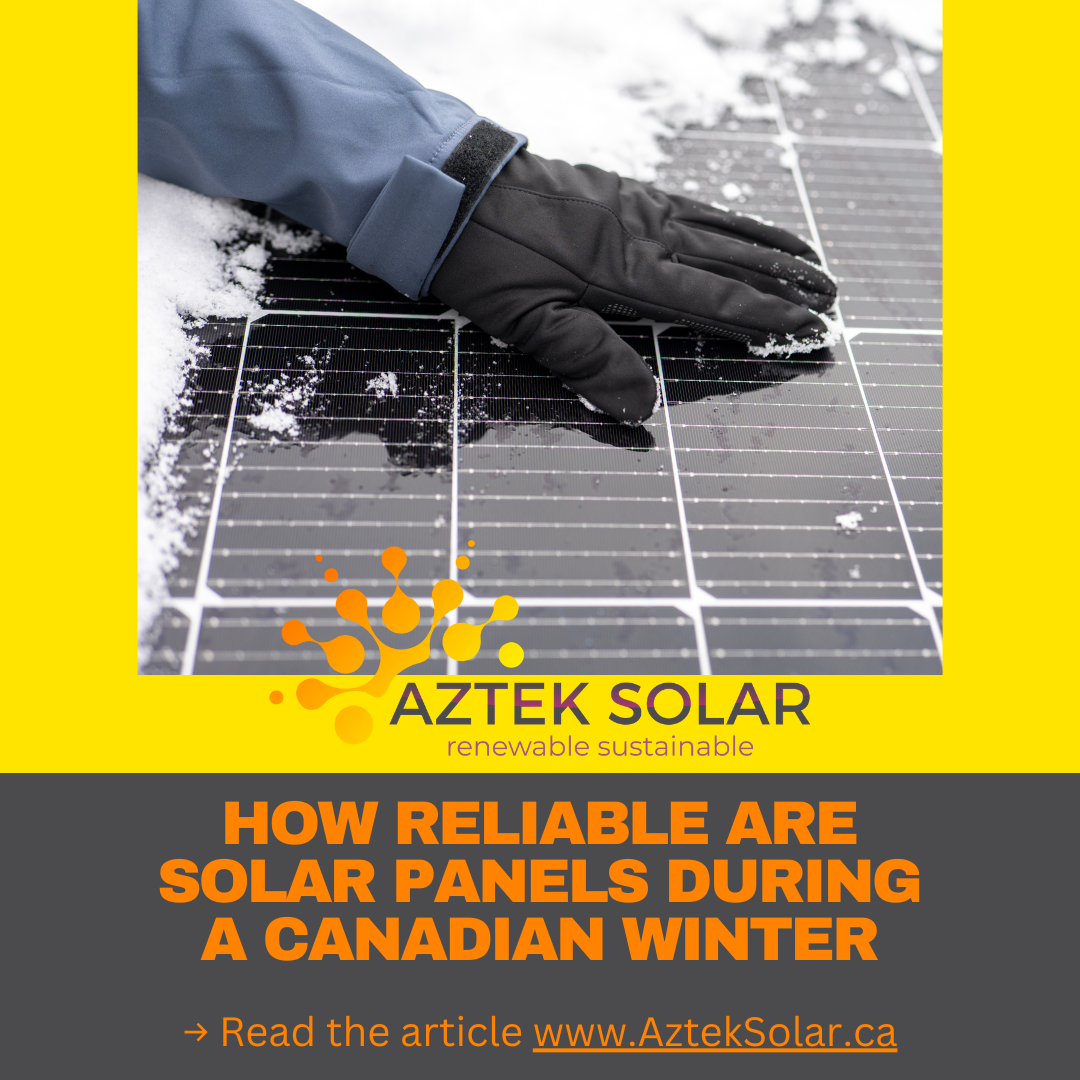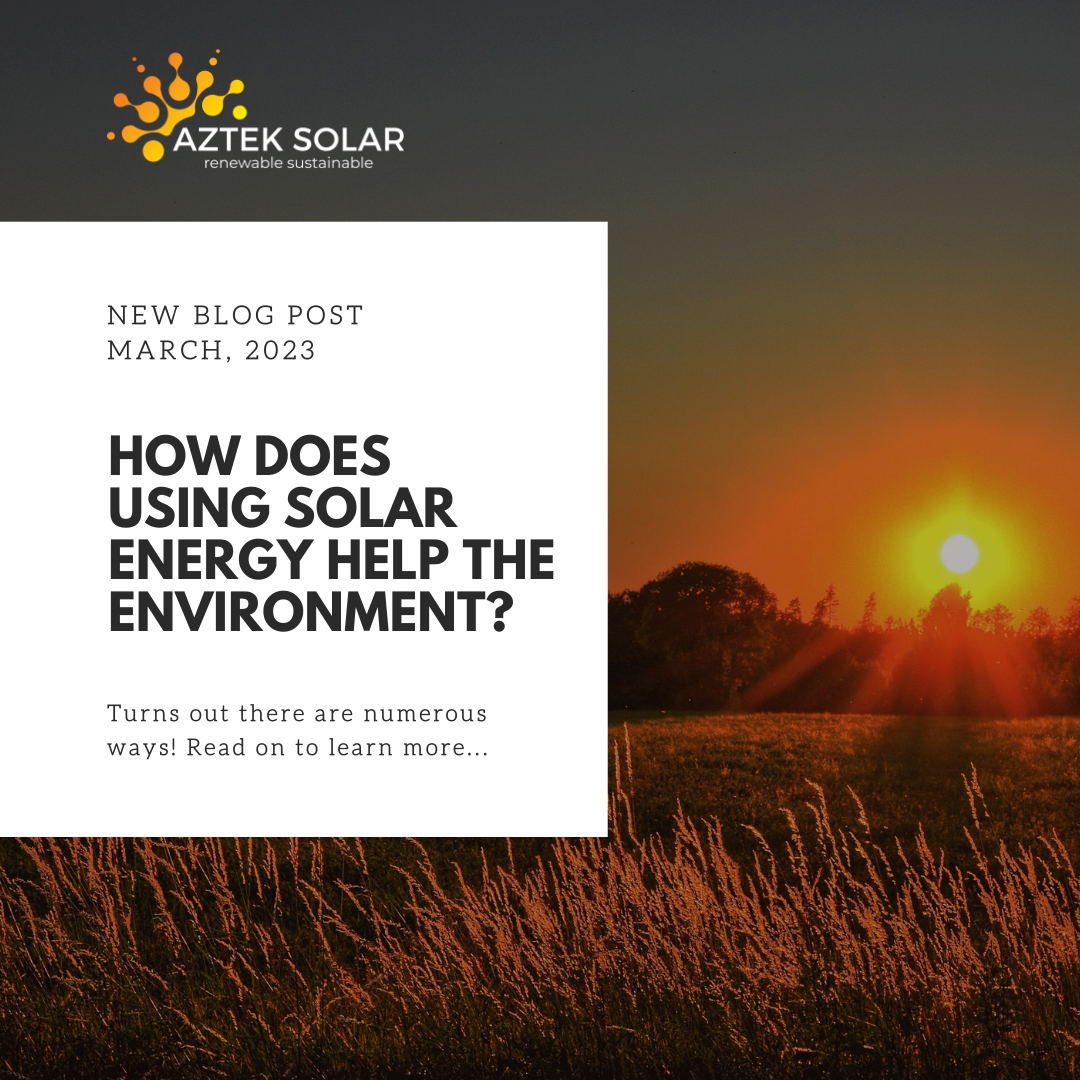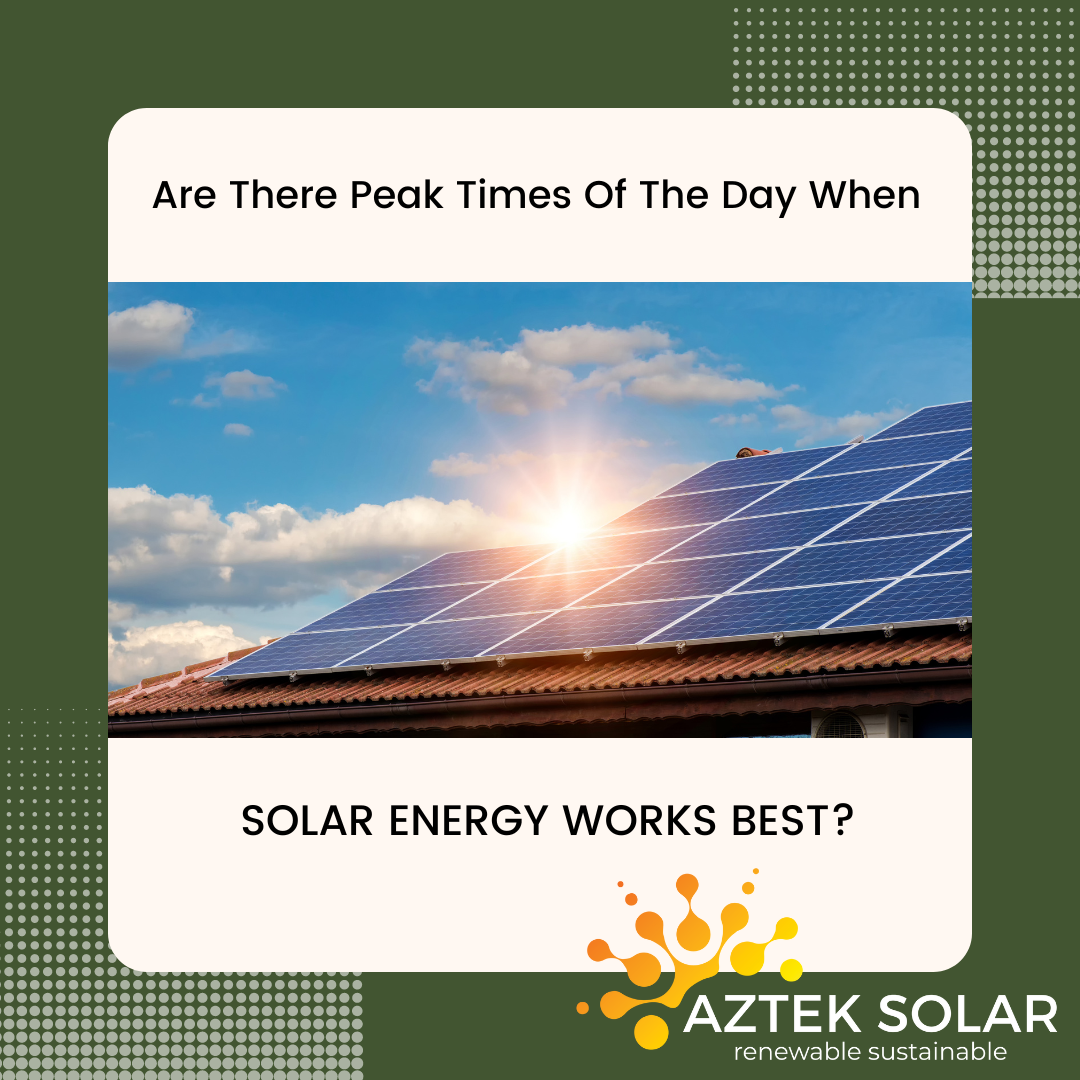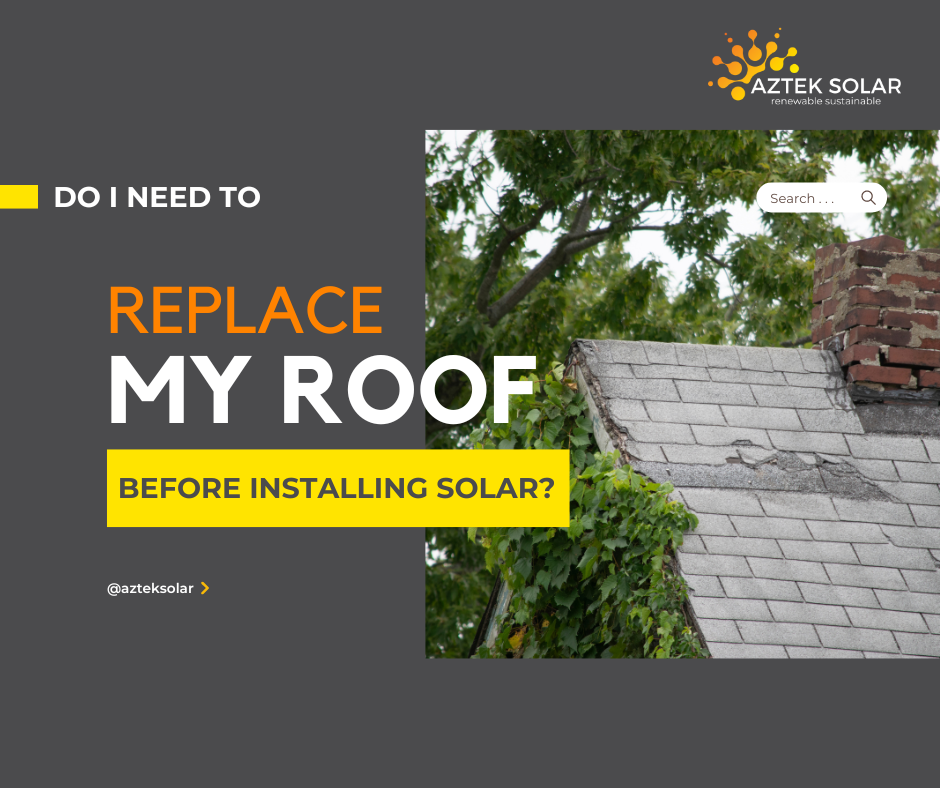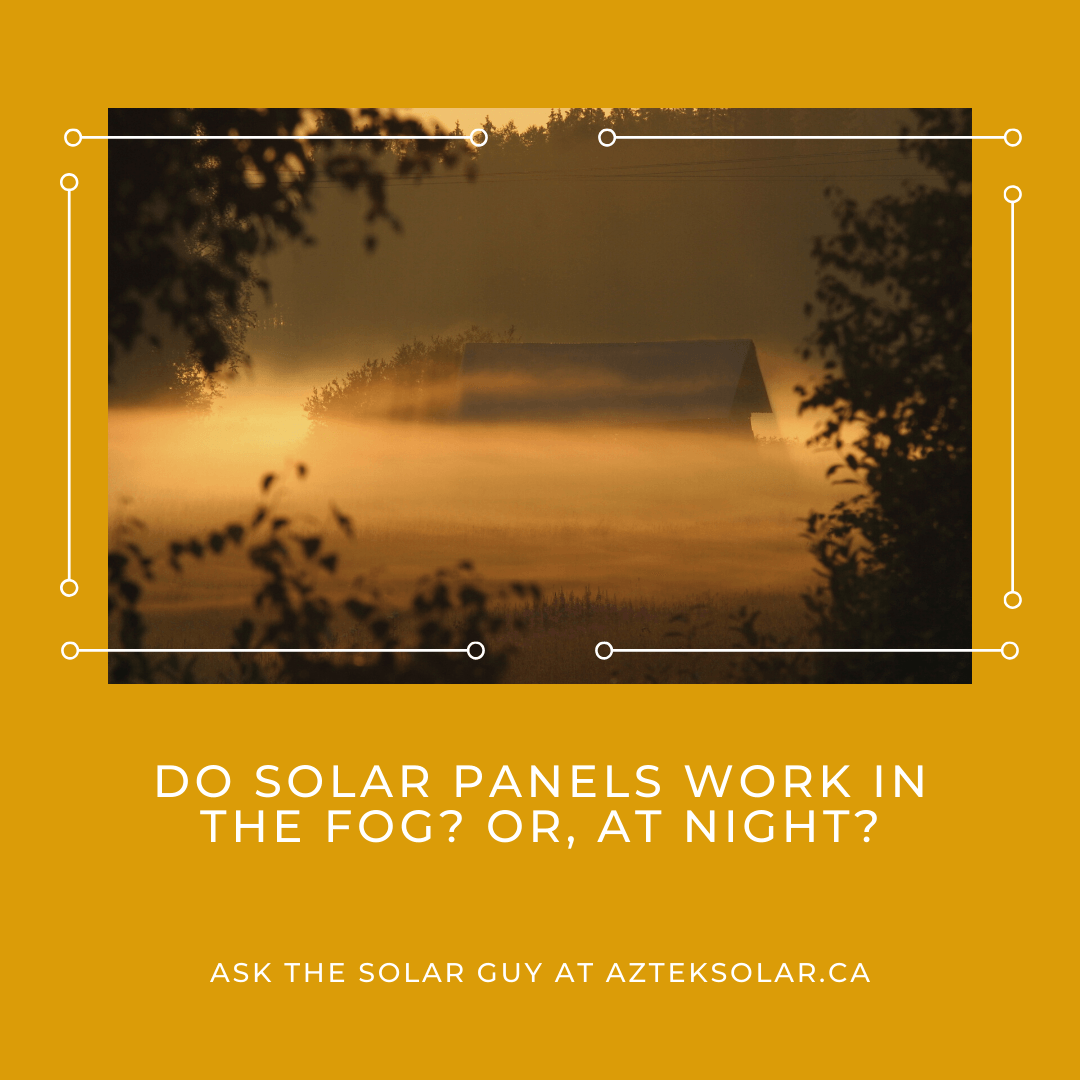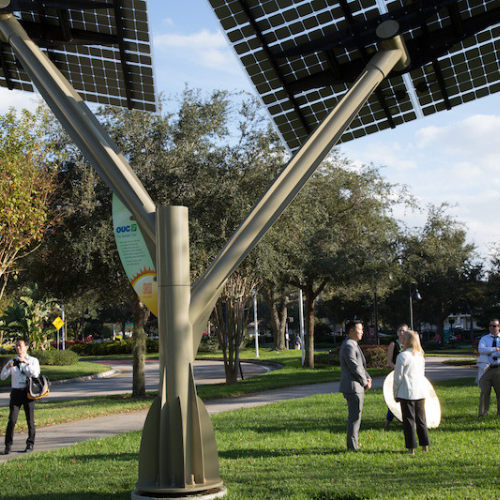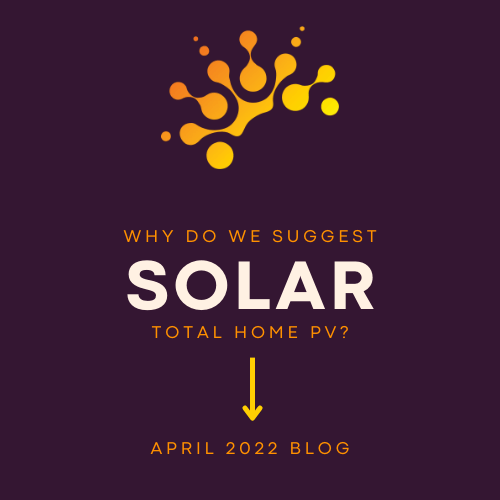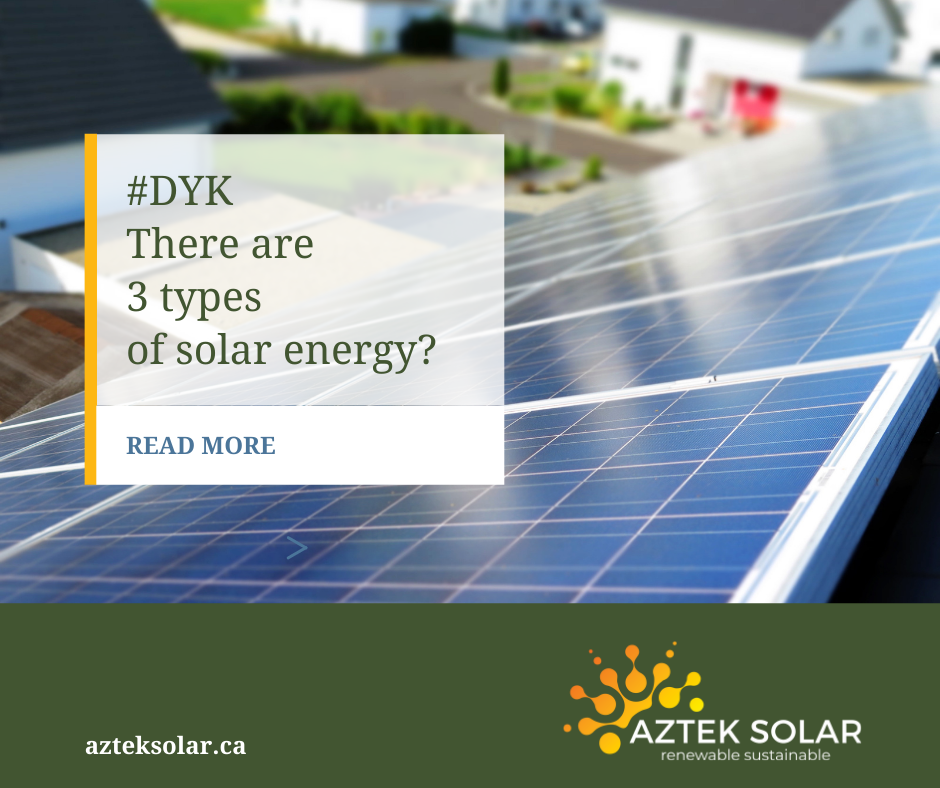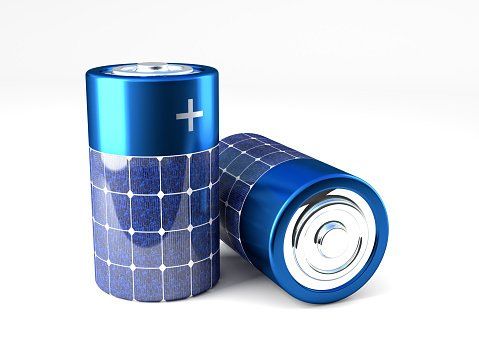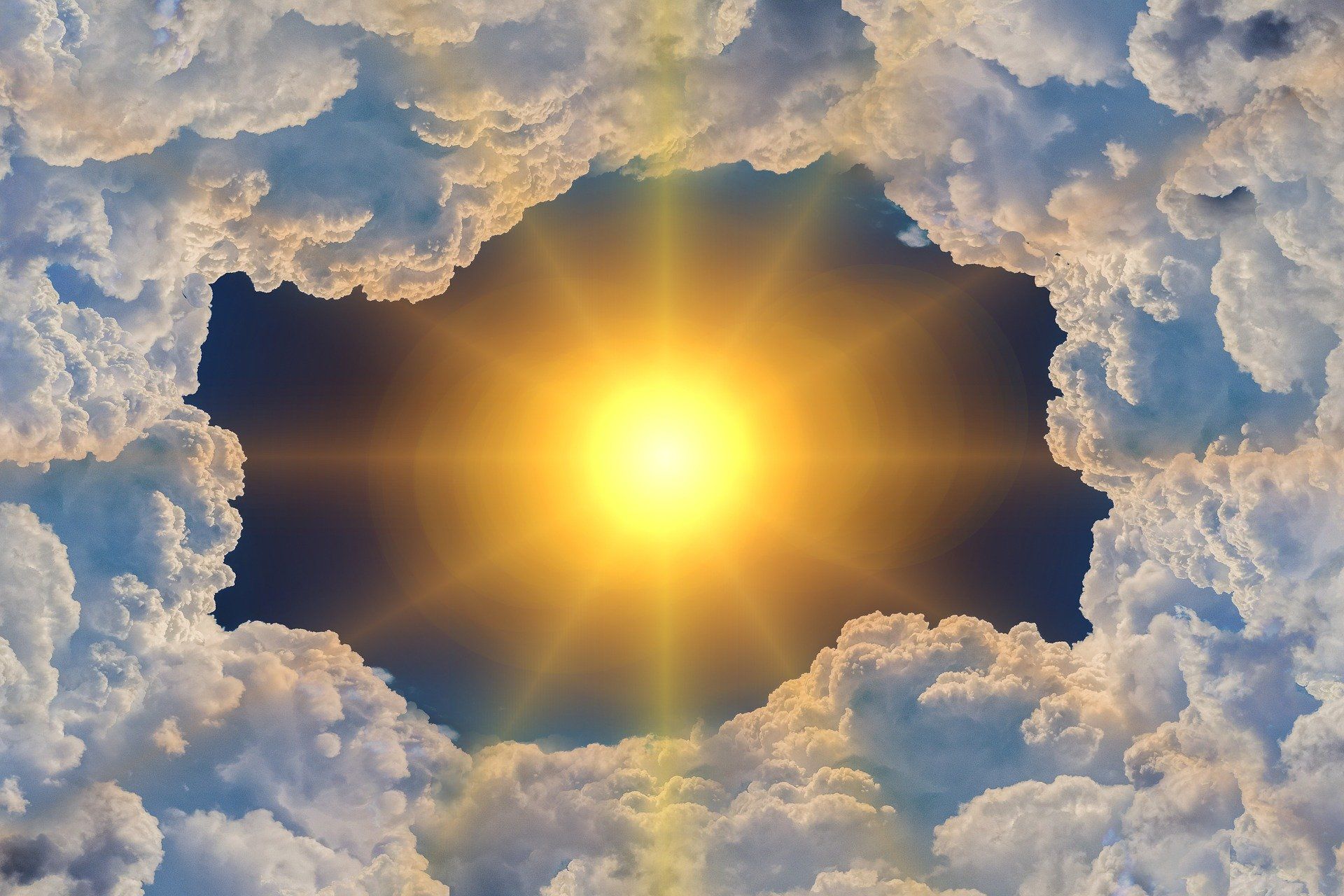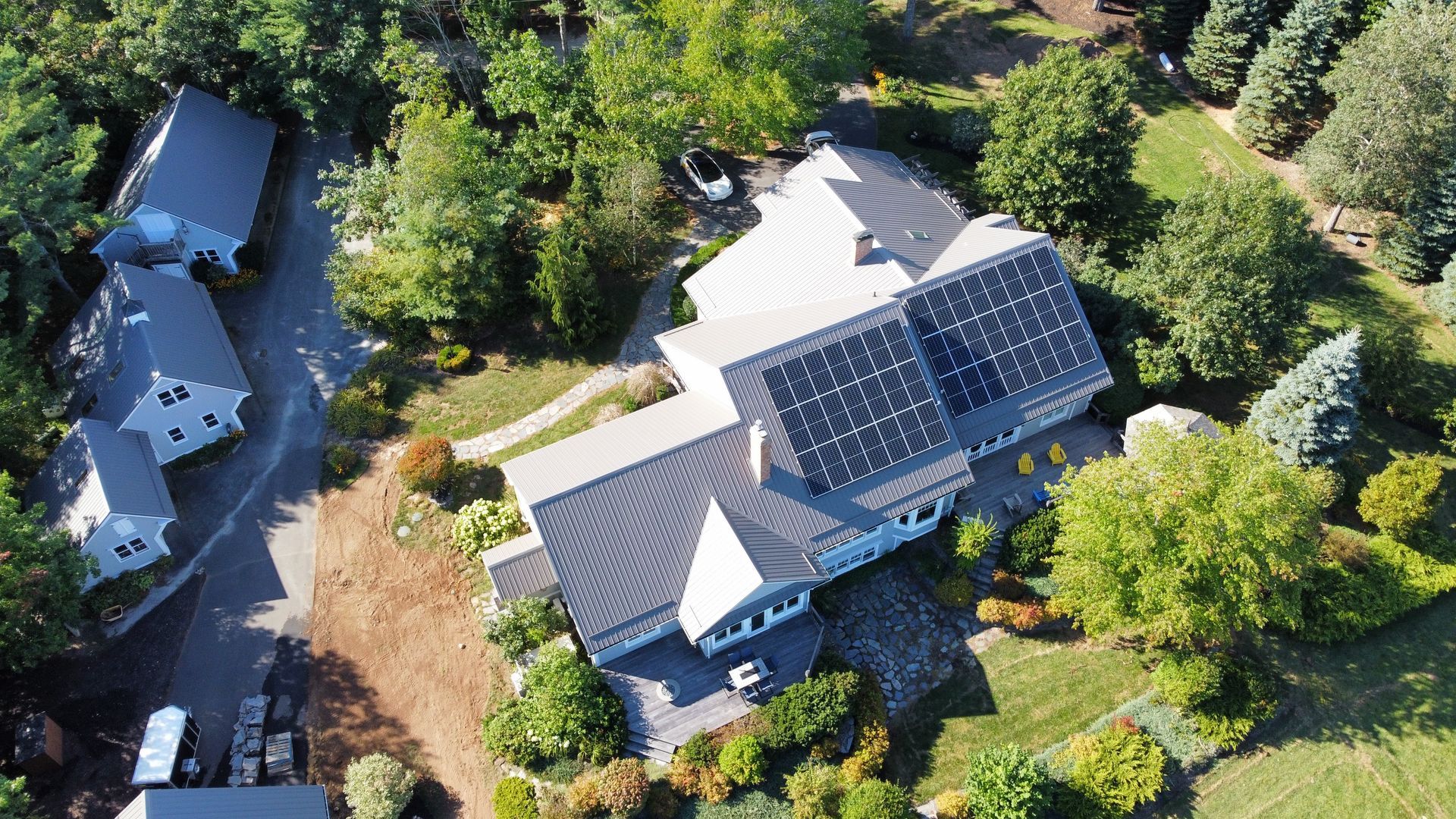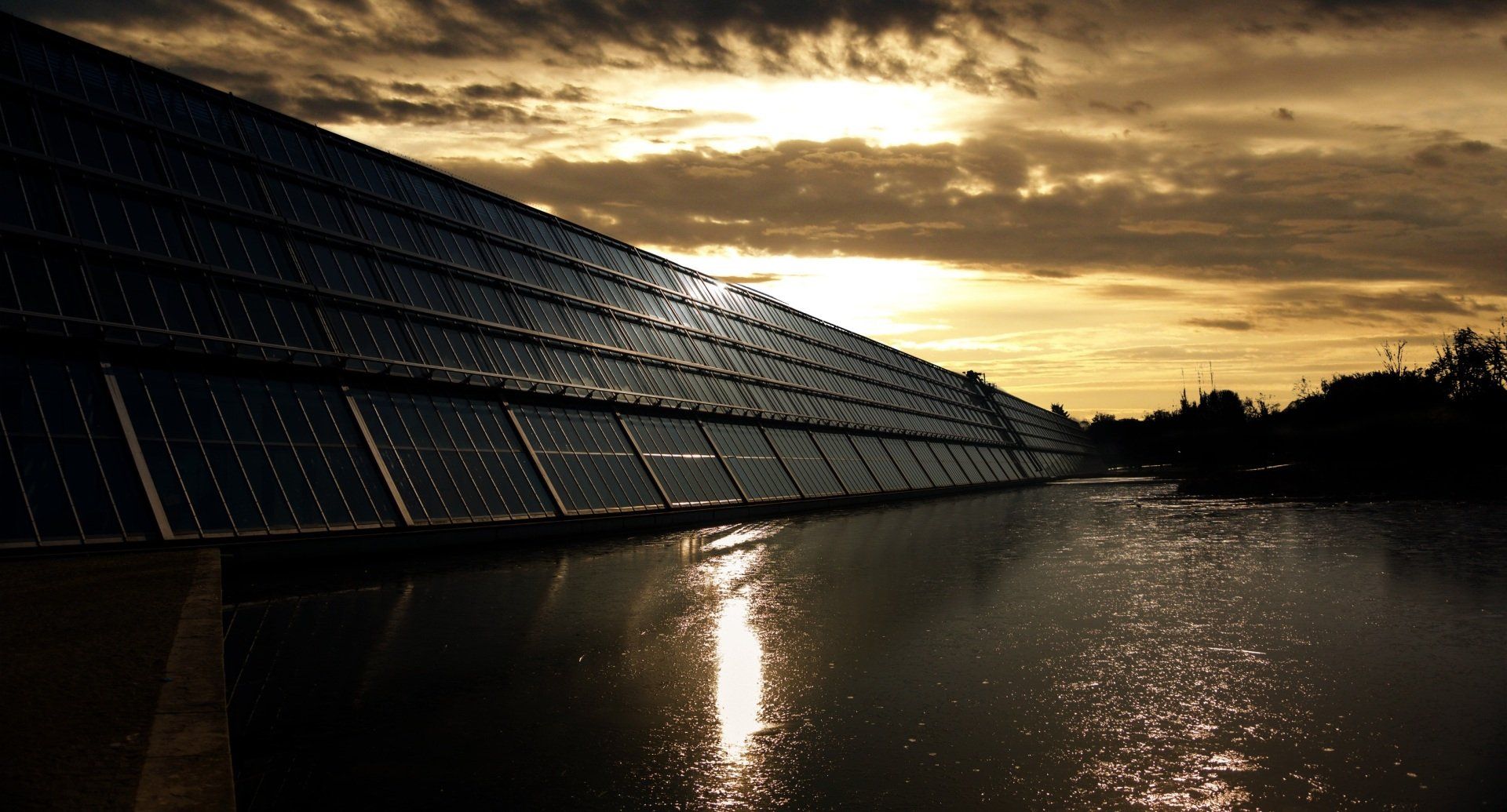By Brian McKay
•
08 Mar, 2023
How Does Using Solar Energy Help The Environment? How Does Using Solar Energy Help The Environment? The world is facing a significant challenge of climate change, and the need for renewable energy sources is more crucial than ever. Solar energy, one of the most promising forms of renewable energy, has the potential to make a significant impact in reducing carbon emissions and mitigating the effects of climate change. The use of solar energy is not only good for the environment, but it also offers many economic and social benefits. In this blog post, we have discussed how solar energy helps the environment. Reducing Carbon Emissions with Solar Energy One of the most significant benefits of using solar energy is that it helps reduce carbon emissions. Traditional energy sources like fossil fuels emit harmful gases such as carbon dioxide, sulfur dioxide, and nitrogen oxide, which contribute to climate change. Solar energy, on the other hand, is a clean, renewable energy source that does not produce harmful emissions. By reducing our reliance on fossil fuels and shifting towards solar energy, we can significantly reduce our carbon footprint and combat climate change. Conserving Natural Resources with Solar Energy Another significant benefit of using solar energy is that it helps conserve natural resources. Fossil fuels are finite resources that are not only expensive but also harmful to the environment. Solar energy, on the other hand, is a renewable resource that is freely available and can be harnessed without causing any harm to the environment. By harnessing solar energy, we can conserve natural resources and reduce our dependence on non-renewable sources of energy. Creating Jobs and Boosting the Economy with Solar Energy In addition to environmental benefits, solar energy also offers significant economic benefits. The growth of the solar industry has created numerous jobs in manufacturing, installation, and maintenance. The Canadian Solar Industries Association (CanSIA) reports that as of 2020, there were over 11,000 people employed in the solar industry in Canada. This includes people involved in the manufacturing, installation, and maintenance of solar panels, as well as those in related fields such as engineering, project management, and sales. CanSIA also reports that the solar industry has the potential to create many more jobs in Canada, especially as the country transitions to a low-carbon economy. The organization estimates that by 2030, the solar industry could employ over 50,000 people in Canada, with the potential for even more growth beyond that. The growth of the solar industry is also boosting local economies by creating new business opportunities and increasing tax revenues. Improving Energy Security with Solar Energy Solar energy also offers significant benefits in terms of energy security. Unlike fossil fuels, solar energy is not subject to supply disruptions or price fluctuations, making it a reliable source of energy. By investing in solar energy, countries can reduce their dependence on foreign oil and enhance their energy security. Enhancing Public Health with Solar Energy The use of solar energy can also have a positive impact on public health. Fossil fuel combustion releases harmful pollutants into the air, which can cause respiratory problems and other health issues. By reducing our dependence on fossil fuels and transitioning towards solar energy, we can improve air quality and enhance public health. Reducing the Need for Landfills with Solar Energy Solar energy also offers benefits in terms of waste reduction. The production and disposal of traditional batteries and electronic devices are significant sources of waste that end up in landfills. However, solar panels have a lifespan of over 20 years and can be recycled at the end of their useful life. By using solar energy, we can reduce the need for landfills and promote a more sustainable waste management system. Promoting Sustainable Development with Solar Energy Finally, solar energy plays a critical role in promoting sustainable development. The growth of the solar industry is helping to bring electricity to remote and underprivileged communities, enabling them to access education, healthcare, and other basic services. By harnessing solar energy, we can promote sustainable development, reduce poverty, and improve the standard of living for millions of people around the world. In conclusion, solar energy is a clean, renewable, and sustainable energy source that offers numerous benefits to the environment, economy, and society. By harnessing solar energy, we can reduce our dependence on fossil fuels and mitigate the effects of climate change.


